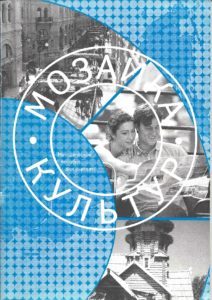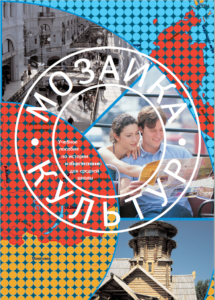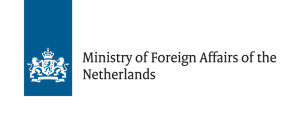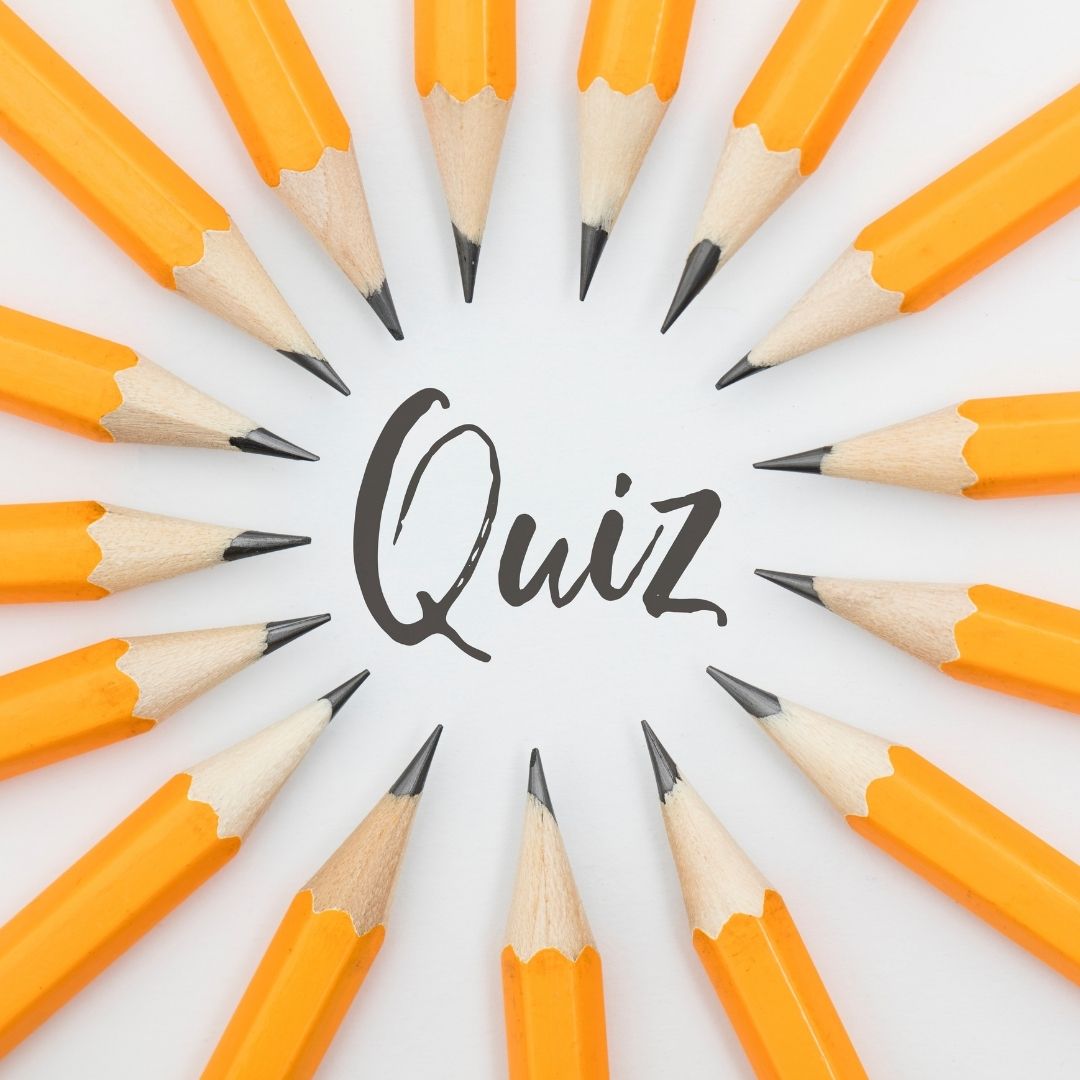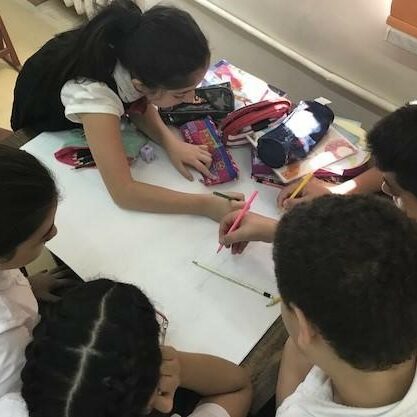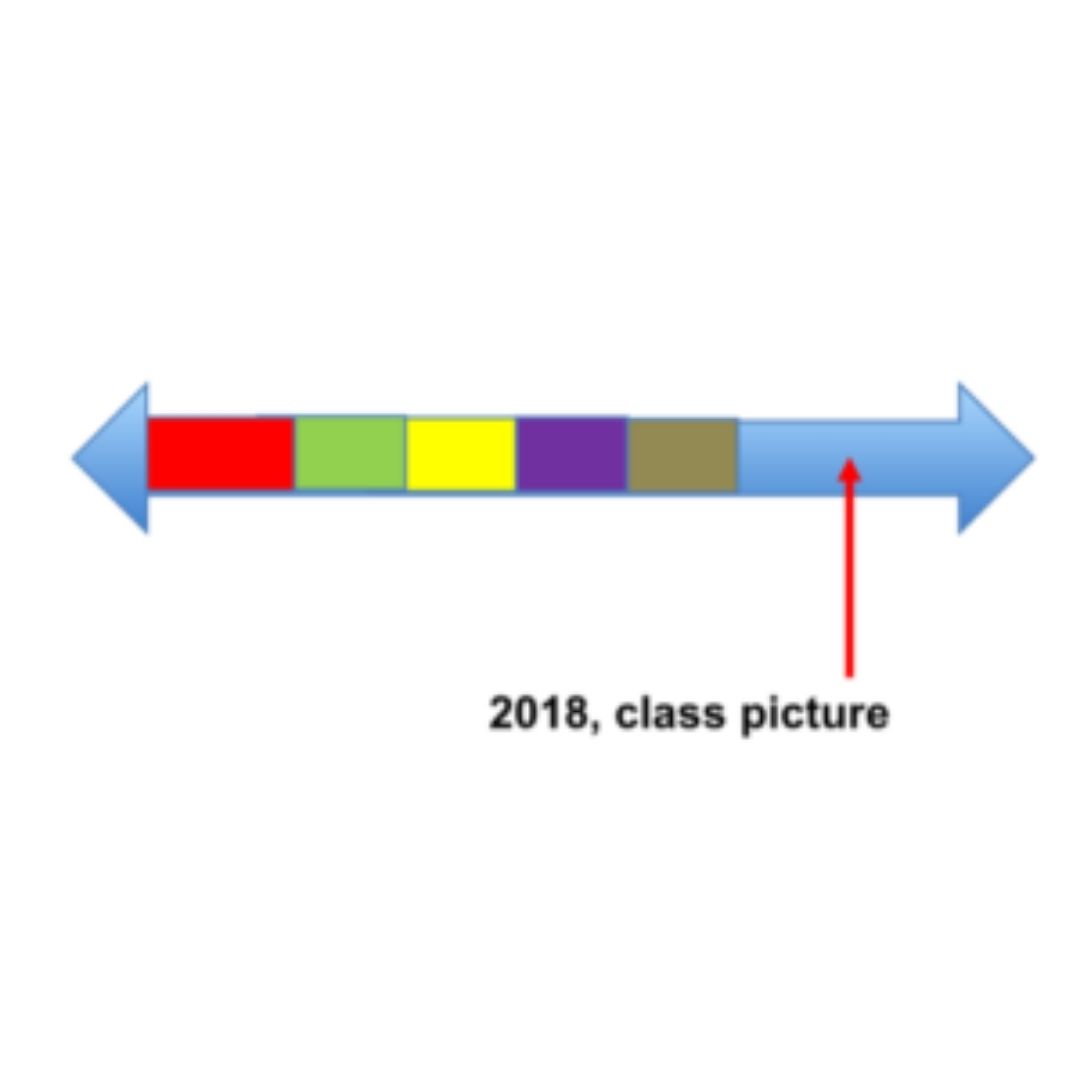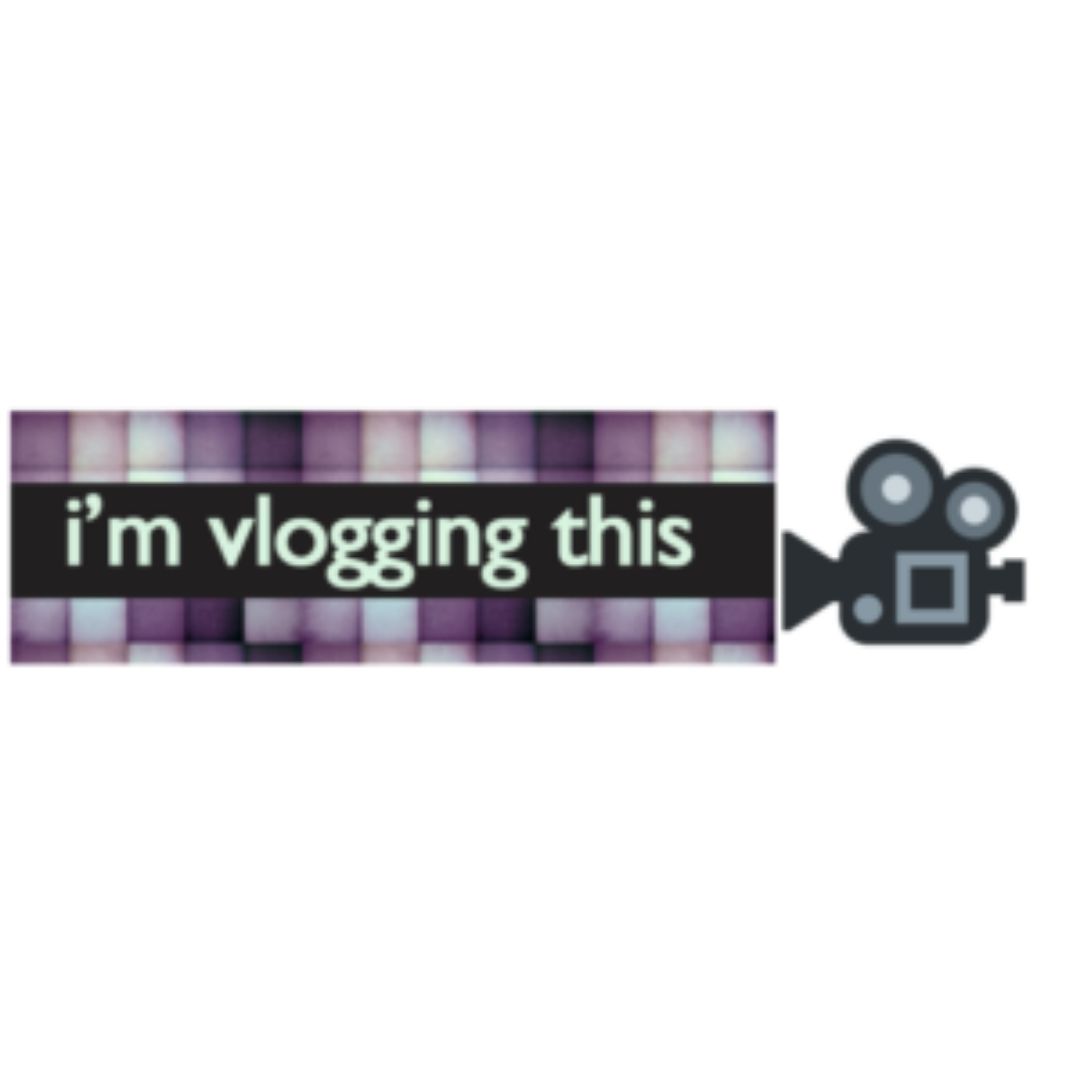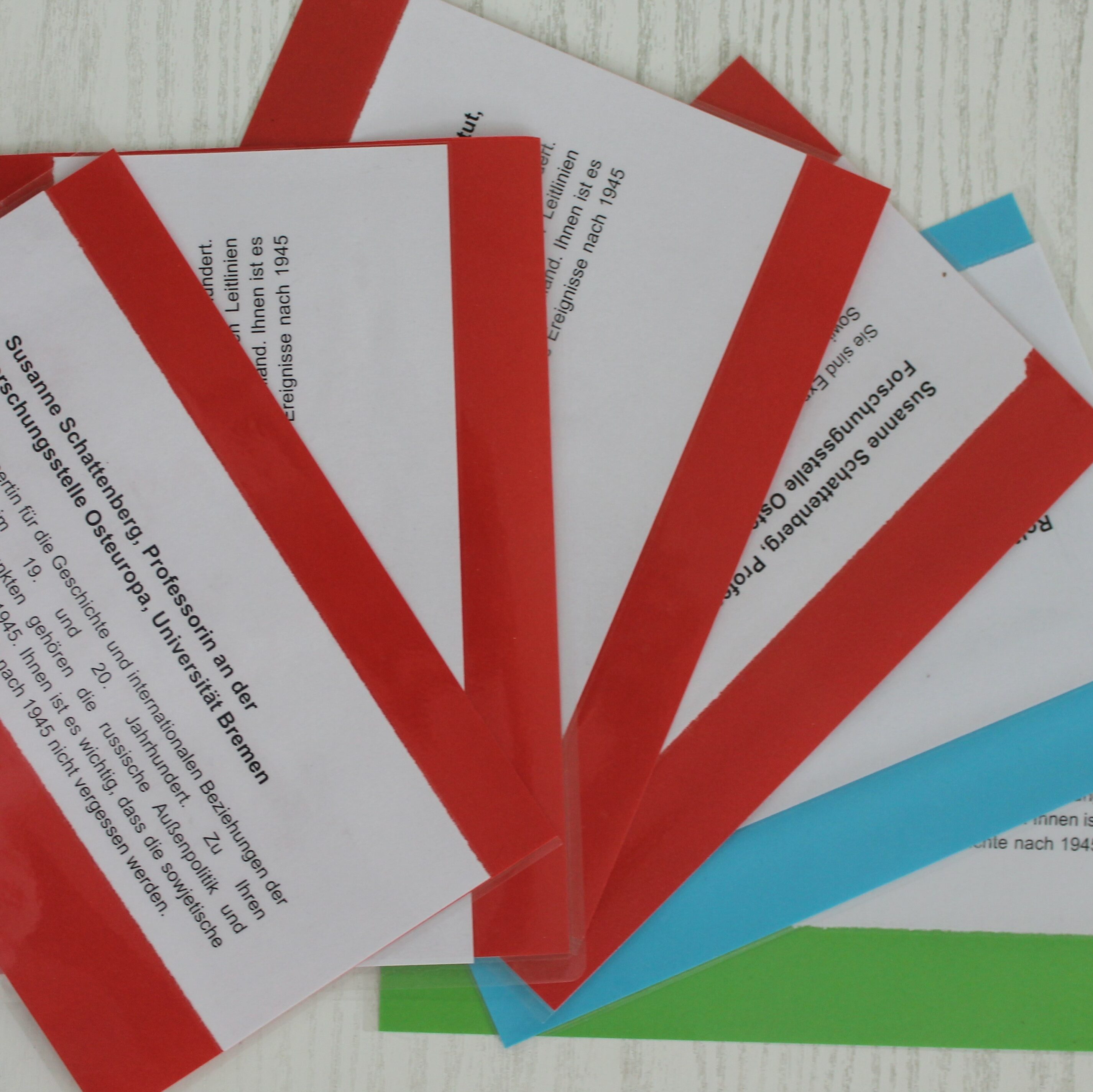The Multicultural character of the Russian Federation is not reflected in the history education which has a strong Russocentric approach. History education provides no answers or understanding for the multicultural society in Russia, neither for the ethnic conflicts and tensions at hand. In this context, the EuroClio-MATRA project “Mosaic of Cultures” led to the publication of both a student book and a teacher book. It contains innovative and multicultural material with pedagogical and didactical recommendations and is ready to use for Russian classroom practice.
Download the full publication
Download individual chapters
| Introduction | RU |
| 1. Diversity in Unity | RU |
| 2. A vast empire, or an empire of space | RU |
| 3. The sides and the edge, how can I be with you? | RU |
| 4. Roads and Fates | RU |
| 5. The religious palette of Russia | RU |
| 6. The City – unity of dissimilarities | RU |
| 7. Conflicts and their resolution | RU |
| 8. Dialogue of Cultures | RU |
| Glossary | RU |
Contributors
Coordinators: Alexander Shevyrev (Moscow State University), Tamara Eidelman (Moscow High School).
Authors: Marina Erokhina , Liudmila Gatagova, Julia Kushnereva, Viktor Shapoval, Olga Strelova, Arthur Tsutsiev, Irina Ukolova, Svetlana Yalovitsyna.
Experts: Alexey Feldt, Rauf Gizatullin, Viacheslav Jiburtovich, Taisiya Korepanova, Rumiana Kusheva, Ian Blair McKellar, Harald Frode Skram, Dean Smart, Evgueny Viazemsky.

Silent Learning: the use of Quizzes to motivate and assess participation and learning in the classroom

Silent Learning: the use of small-group learning and sharing to ensure full participation in the classroom

Imagining a past that is no longer there: the use of interactive timelines

HistVlogs: taking information at face value vs. perspective taking

Using Cards to Understand History

